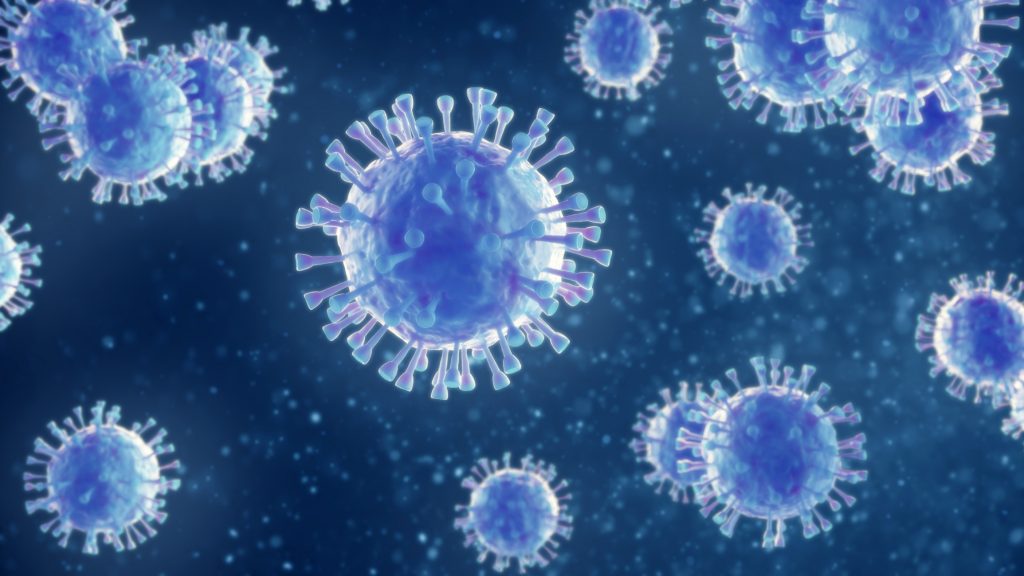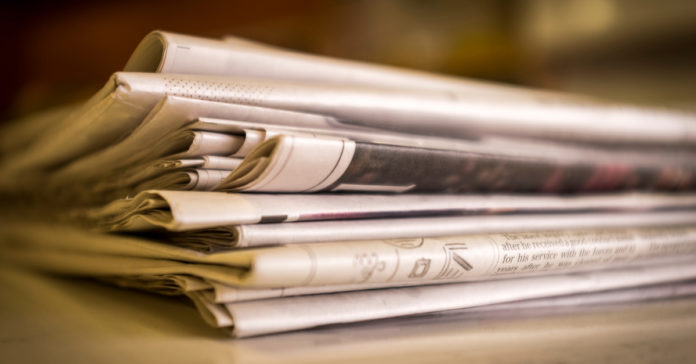Two academics have accused UK newspapers of scaremongering about Muslims during the COVID-19 pandemic.
Elizabeth Poole, Professor of Media and Communications at Keele University, and Milly Williamson, a Senior Lecturer at Goldsmiths, University of London, said that British newspapers had tried to portray Muslims as “un-British” and had tried to create a moral panic over Muslim burials and Muslims not social distancing.
The academics analysed the reporting in four UK newspapers (Daily Mail, The Telegraph, The Sun and The Mirror) in April 2020 – the initial peak of the crisis.
They found that positive narratives about Muslims, supported initially by stories about community initiatives and volunteering, soon gave way to “macabre and sensationalist imagery of a build-up of coffins at mosques.”
One article in the Daily Mail contained 13 images, mostly of coffins. The morbid interest in death was also evident in a misleading story on “mass graves” which ran in all newspapers.
Moral panics over social distancing was also a strong feature of international news, including speculation on the status of the annual Hajj to Makkah and images of the mass gathering of Muslims, particularly in the build-up to Ramadan. One example in The Sun described how “THOUSANDS of Muslim men are seen attending a packed Friday prayer service despite concerns of the new coronavirus outbreak.”

The media panic around social distancing reached a peak just before Ramadan, which saw numerous stories and appeals (including from Heath Secretary Matt Hancock) to Muslims to behave according to the regulations, with little evidence that they were flouting the rules more than other sections of the population.
Subscribe to our newsletter and stay updated on the latest news and updates from around the Muslim world!
On the other hand, the authors said that the number of ethnic minority health workers dying of coronavirus forced the news media, most unusually, to discuss issues of structural discrimination.
Four of the first doctors to die in the UK were Muslims, followed by another four doctors and two nurses in the coming weeks. However, what was notable about this coverage was in most cases, the authors said, the absence of the identifier “Muslim” in discussing them.
The academics concluded: “It appeared initially that the COVID-19 crisis might provide an opportunity to challenge norms and reframe news discourses about Muslims in the UK with coverage which generally casts healthcare workers as ‘heroes’… (but) the press reverted back to familiar narratives drawing on and reworking wider longstanding tropes in which marginalised groups are ‘othered’, subject to moral panics, and accused of refusing to integrate.
“These findings should be interpreted in the context of a political landscape that has become increasingly hostile to immigration which is linked to the politics of scarcity. As austerity measures bite in the recession following the pandemic, this hegemonic framework is likely to continue, with Muslims as the ‘suspect’ communities through which racist discourses continue to be legitimised.”




















